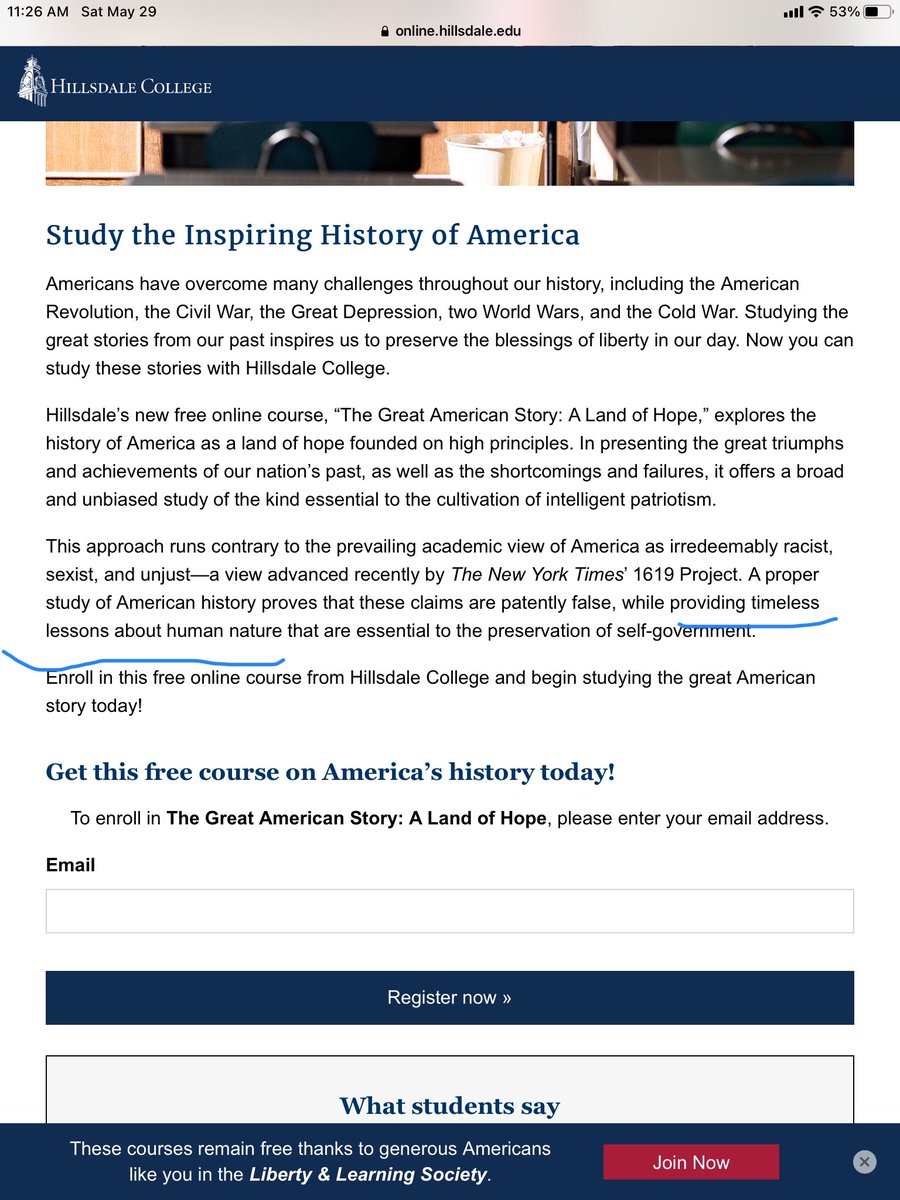
In my view, this piece misinterprets the history and meaning of the "GOP's populist transformation," which it takes as a given./1
washingtonpost.com/us-policy/2021…
washingtonpost.com/us-policy/2021…
First, a reminder that under Trump, the GOP's central polices were 1) a huge tax cut for the wealthy and corporations; 2) a near-successful effort to take away health care from millions of working Americans; 3) corporate deregulation..../2
And 4) the appointment of anti-labor judges (i.e.,Neil Gorsuch's "frozen trucker" opinion), the countenance of "wage theft," and probably the most anti-worker Secretary of Labor (Eugene Scalia) ever to hold that office. /3
Now, it is true that Trump and the GOP combined these pro-corporate, anti-worker policies with lots of performative rhetoric railing against "elites," but the bottom line is that they cut taxes of those "elites" and made it easier for those elites to maneuver./4
I disagree with all three clauses in this critical sentence: "Republicans’ populist turn, breaking with the party’s laissez-faire past, has its roots in the last administration."/5
In terms of actions, I see very little evidence of a GOP "populist turn." I'm not sure what "laissez-faire past" David J. Lynch is referring to--but to take Reagan as an example, he pumped tons of federal spending into favored industries, like defense. /6
As for the last clause of the sentence: the faux populism is far from new. Conservative politicians have long defended corporate power while speaking in the name of the corner grocer and ordinary Americans./7
As I write in my book, FREE ENTERPRISE, of the 1920s/30s: "The populist celebration of ordinary Americans was increasingly applied to the business firm, which replaced replaced the ordinary farmer or worker as the carrier of virtuous producerist values" (p. 65)./8
Tracing the language of opposition to the New Deal shows that populist posturing can coincide with conservative economic policies; indeed, as I show, the language of aggrievement and victimization has long been central to free enterprise discourse./9
Getting to the heart of the matter, Lynch notes that corporate leaders speaking out on "racism, climate change and voting rights [he also mentions opposition trans-gender athletes and support for vaccines] has left Republican politicians itching for a fight." /10
One might ask: why are GOP politicians "itching for a fight" on the issues of racism, climate change, and voting rights? What we have is not populism in any meaningful economic or political sense but an attempt to leverage white identity politics and culture wars. /11
• • •
Missing some Tweet in this thread? You can try to
force a refresh






